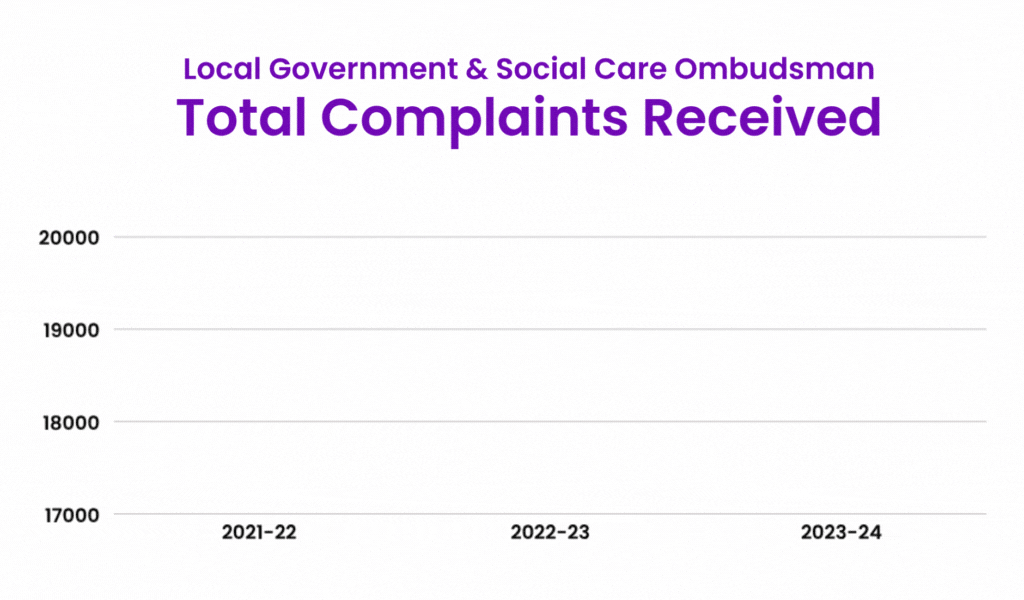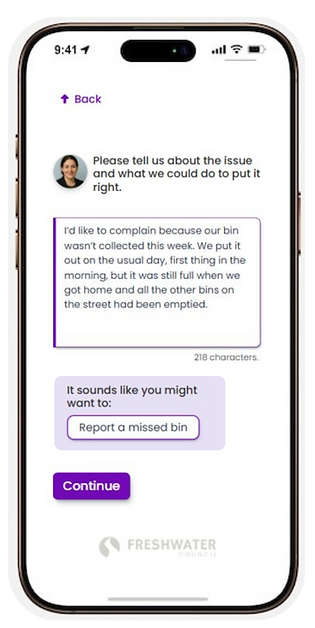September 5, 2025
.png)
At first glance, “loving complaints” might sound counter intuitive. After all, who enjoys hearing what's gone wrong? But in public services - where trust, accountability, and real-world impact matter most - complaints are not a nuisance. They're a gift.
In fact, complaints may be the most honest, unfiltered feedback a public sector organisation will ever receive. They expose failure demand, flag systemic issues, and give a voice to those who might otherwise go unheard.
At GovMetric, we believe complaints are not just important - they’re essential.
Forget vanity metrics. In local government, housing, and social care, the true measure of citizen experience often comes from those who complain.
And the evidence is striking:
The overall Complaint volumes across housing and local government are surging.

What this tells us is simple: complaints are a barometer. When volumes rise and fault rates climb, the pressure is on - and rightly so. These are not isolated grumbles; they’re warning signs of broader issues.
As Michael King, former LGSCO, put it: “One complaint can have immense power to change things for the better.”
Despite the value they offer, many organisations struggle to act effectively on complaints. Why?
These challenges prevent services from moving beyond reactive fixes to real, proactive improvement. This is where the foundations matter most.
Before you can learn from complaints, you need to handle them well.
Good complaint handling means:
The new statutory Complaint Handling Code for social landlords (from April 2024) puts these principles into regulation. Compliance isn’t optional—it’s now a baseline for trust and accountability.

At GovMetric, we know the burden that complaint handling places on stretched public service teams. That’s why we are building Octavia - an AI-enabled assistant designed to transform complaint handling from end to end.
Octavia supports councils and landlords by:
This isn't about replacing people—it’s about empowering them. Octavia handles the repetitive admin, freeing officers to focus on judgment, empathy, and service improvement.
Loving complaints doesn’t mean seeking them out - it means being ready for them. It’s about building systems and cultures that:
It’s no accident that organisations with higher satisfaction scores tend to have fewer Ombudsman cases. It’s because they treat complaints as fuel for improvement—not failure.
So yes, love complaints. Not because they’re easy - but because they matter.
Because every complaint is a citizen saying, “this isn’t working.” And in their honesty, they give you everything you need to make it better.